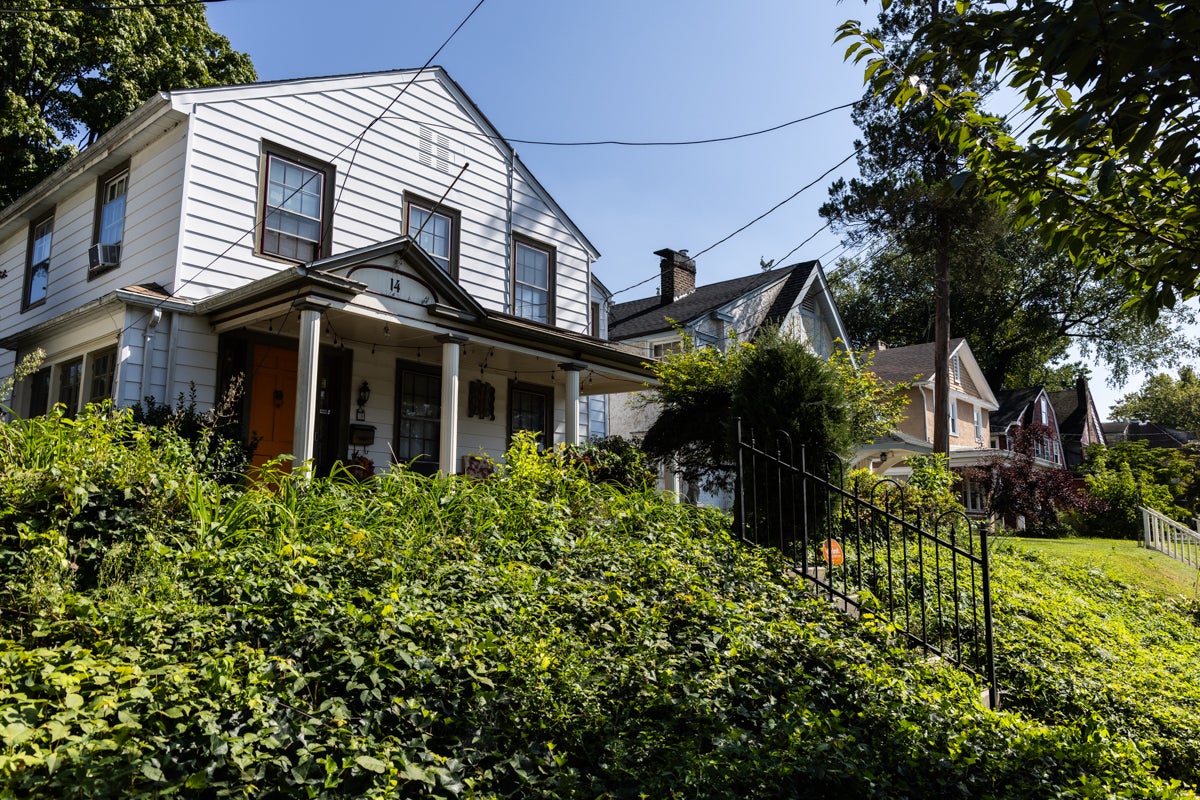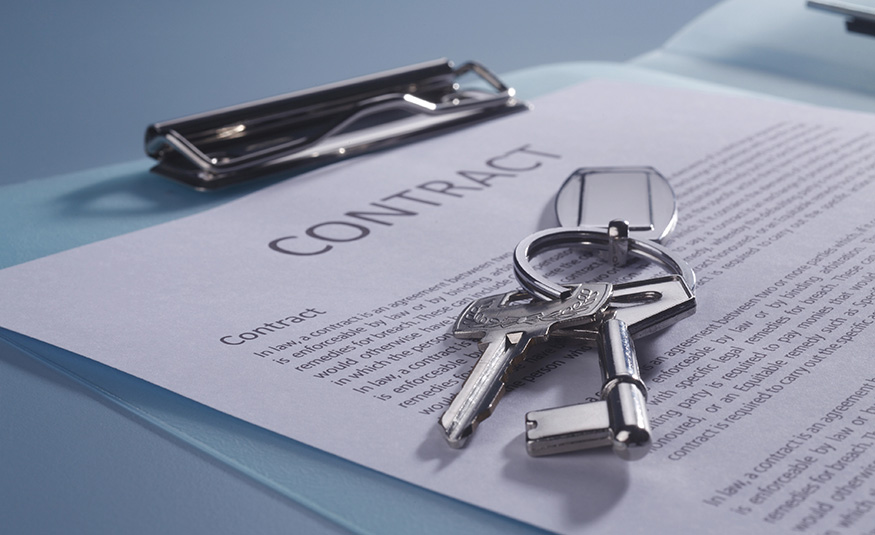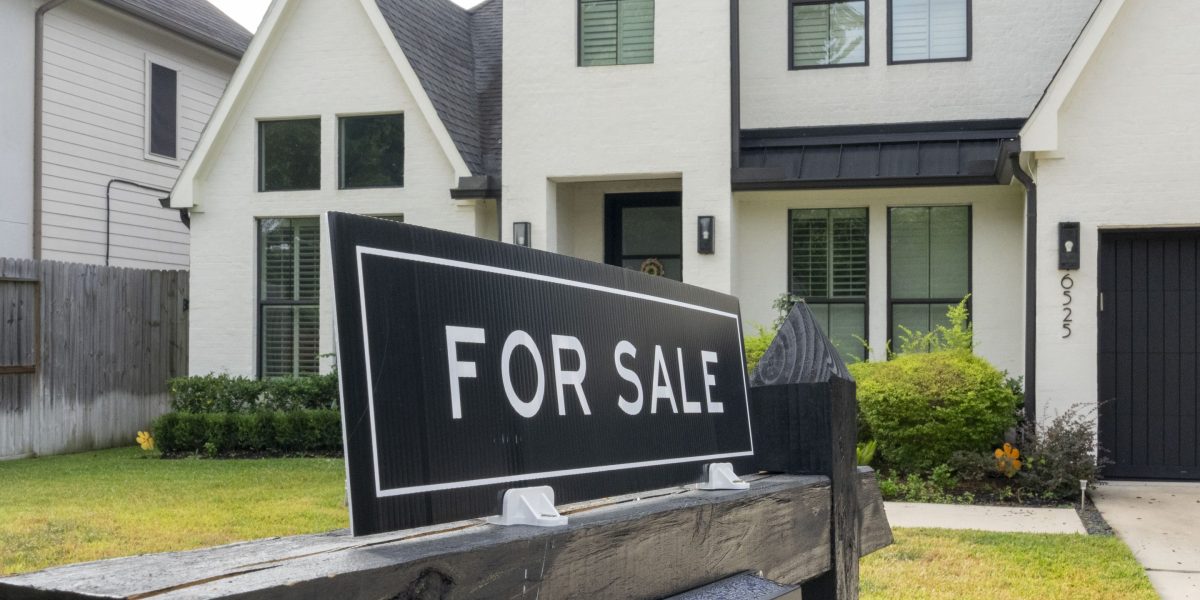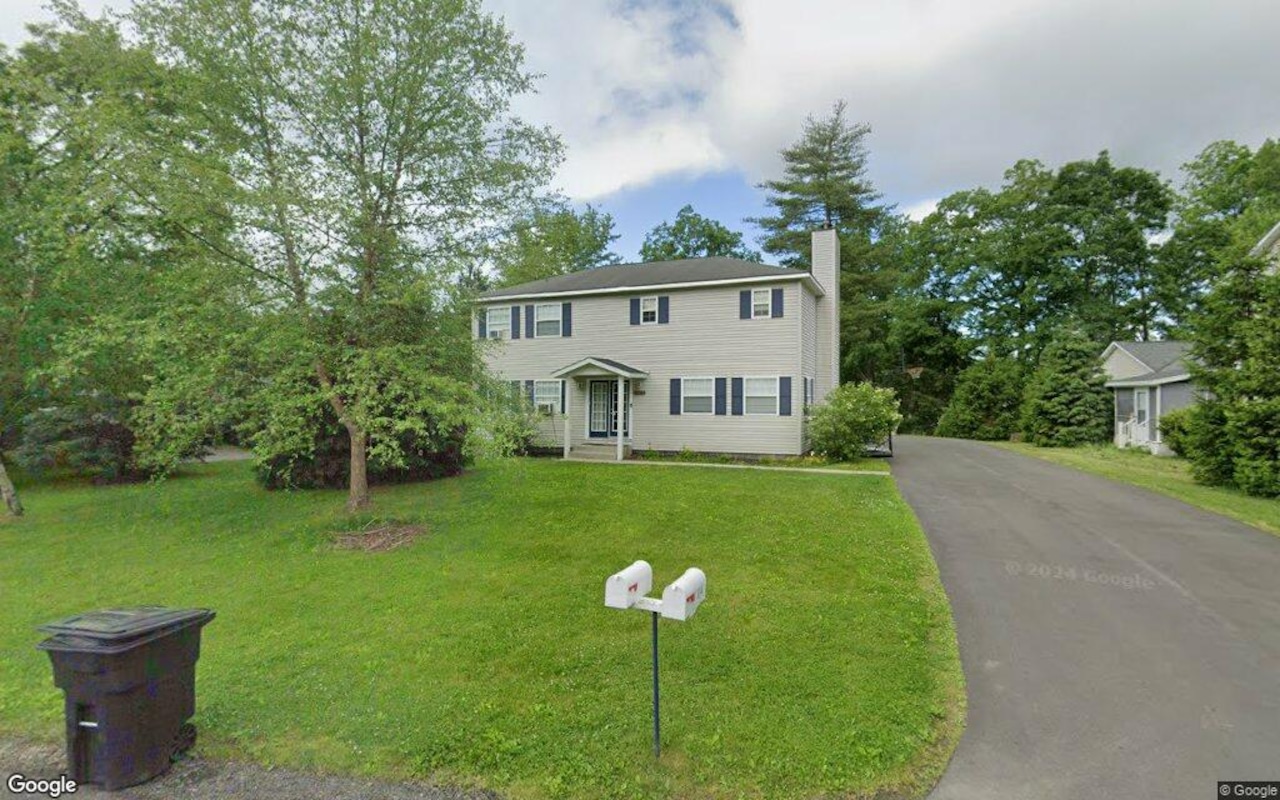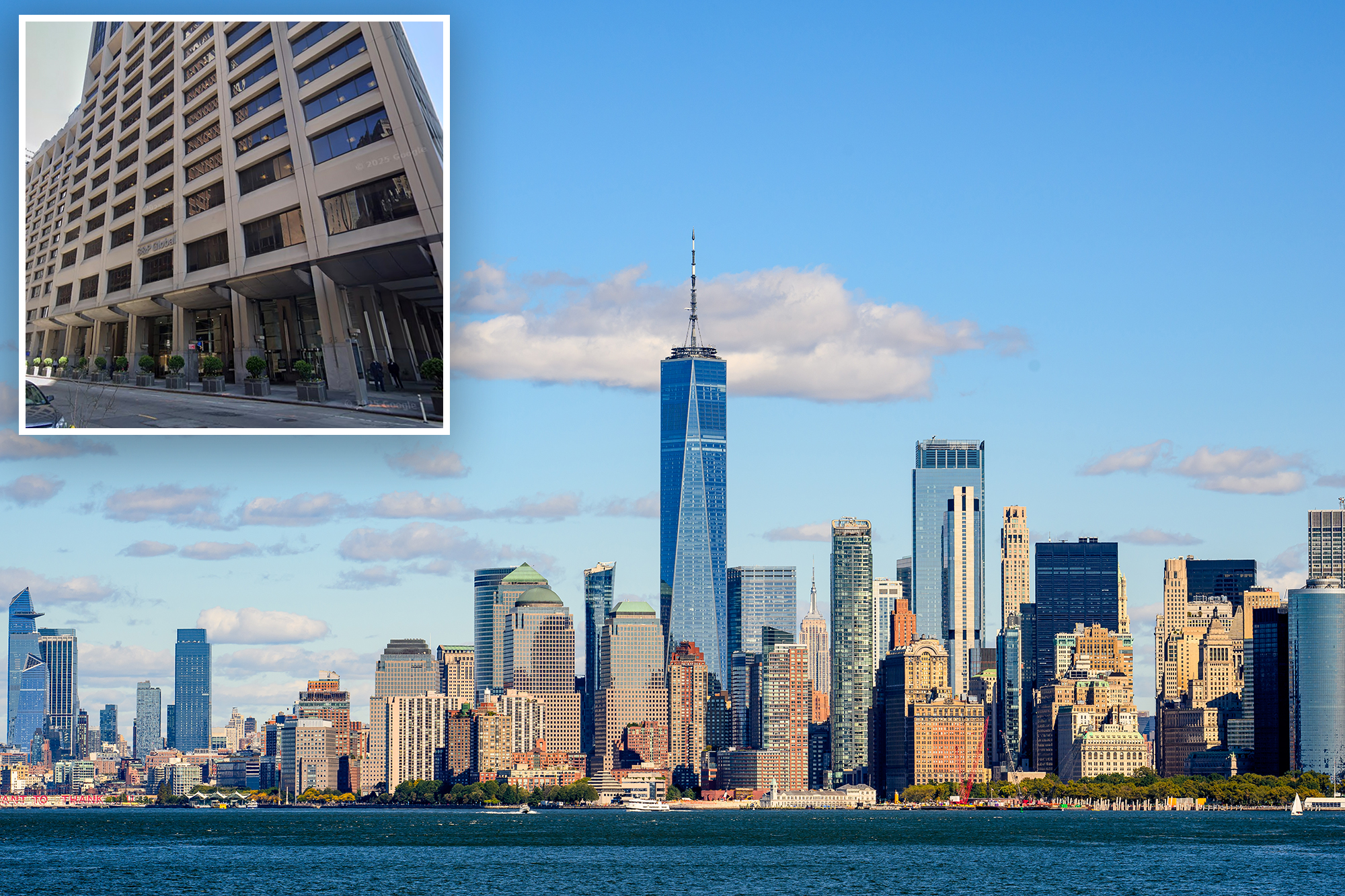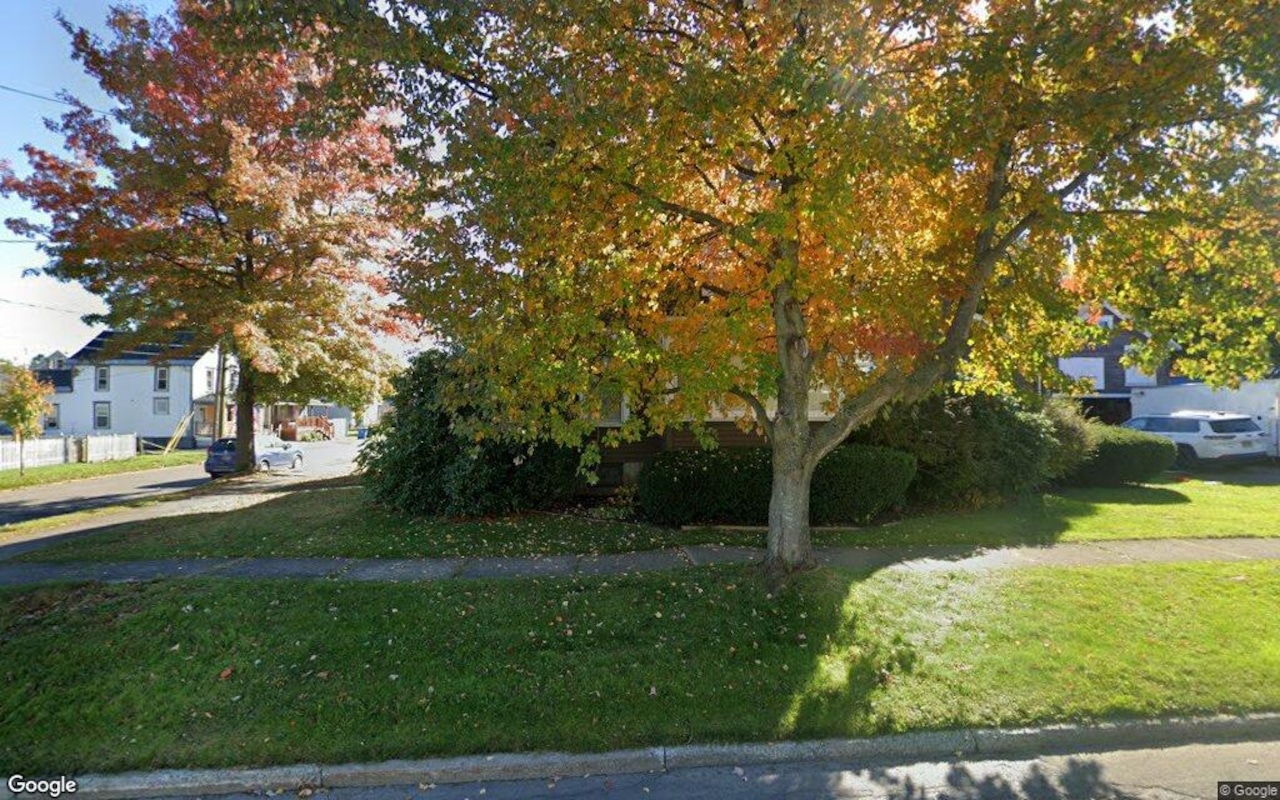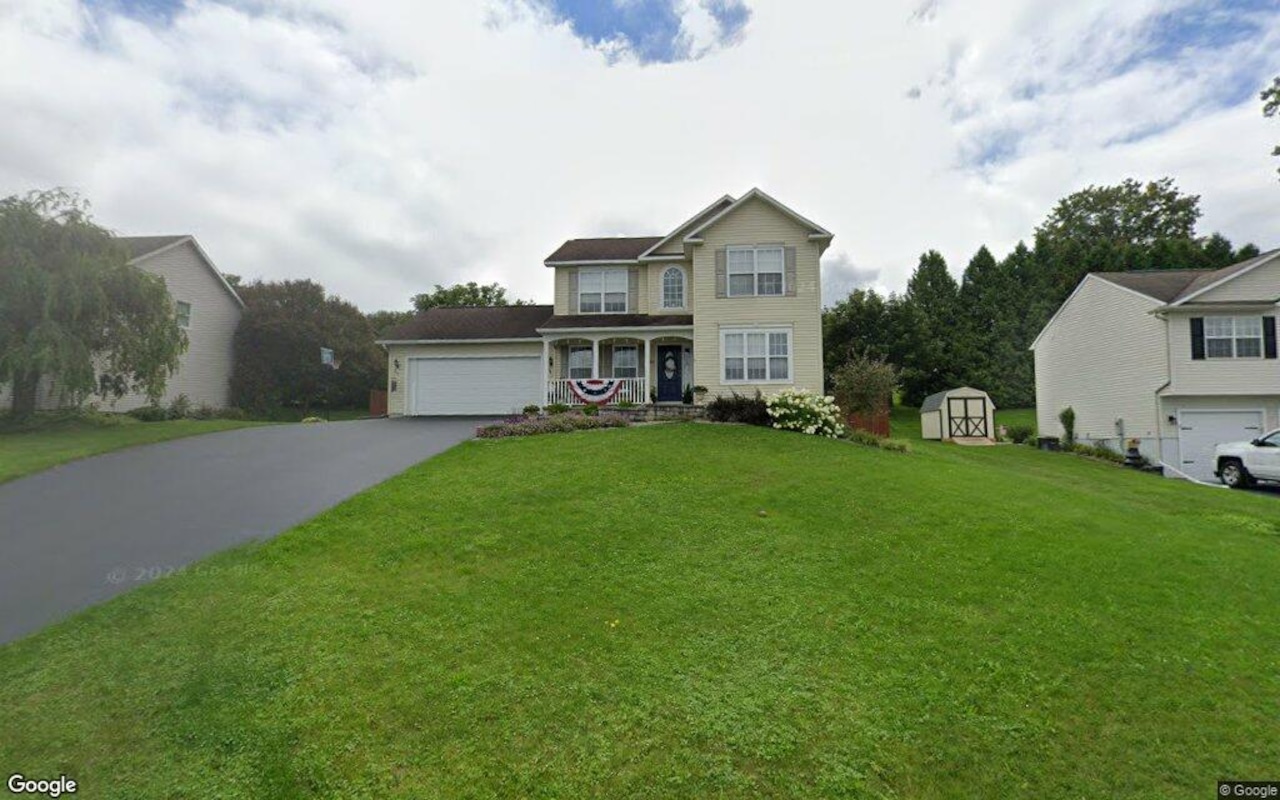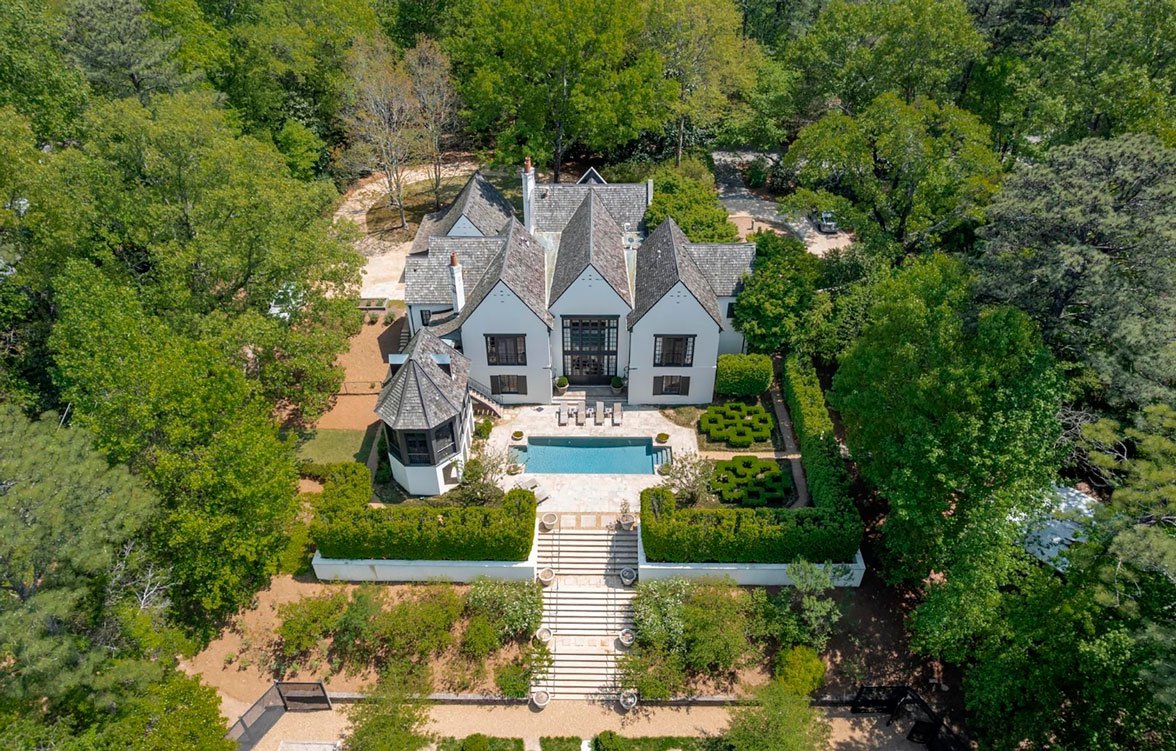N
ew Jersey lawmakers will vote on the state's 2026 spending plan, a $58 billion budget that's 2.5% higher than last year's. A key point of contention is a proposed $10,000 increase in the real estate transfer fee for homes over $1 million.
Supporters argue this hike would help fund affordable housing initiatives, which are often funded by the existing transfer fee. Peter Chen, senior policy analyst at New Jersey Policy Perspective, says it makes sense to target high-end home sales to address affordability issues affecting low- and moderate-income residents.
However, critics warn that increasing the transfer fee for homes over $1 million would harm the state's real estate market. Douglas Tomson, CEO of New Jersey Realtors, says a middle-class family buying a $1 million home would be unfairly affected. He argues it would give buyers pause and hurt sales.
Grant Lucking, COO of the New Jersey Builders Association, agrees that increasing the fee would impact the market and not contribute to affordability. Rutgers economist James Hughes attributes high housing costs in New Jersey to its dense population, scarce land, and strict regulations. He warns that federal immigrant deportations and tariffs could further drive up construction costs.
Hughes also notes that New Jersey's proximity to major cities drives demand for housing, particularly from millennials seeking family-friendly environments with good schools. Lucking emphasizes the need for a more streamlined permitting process to increase supply and reduce costs. Tomson highlights the impact of taxes on the Jersey Shore economy.
